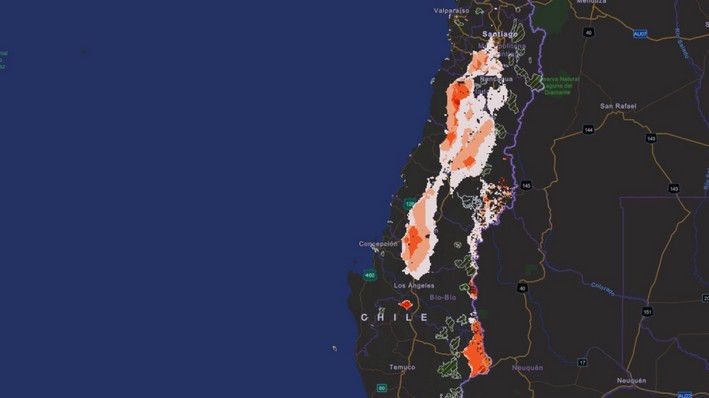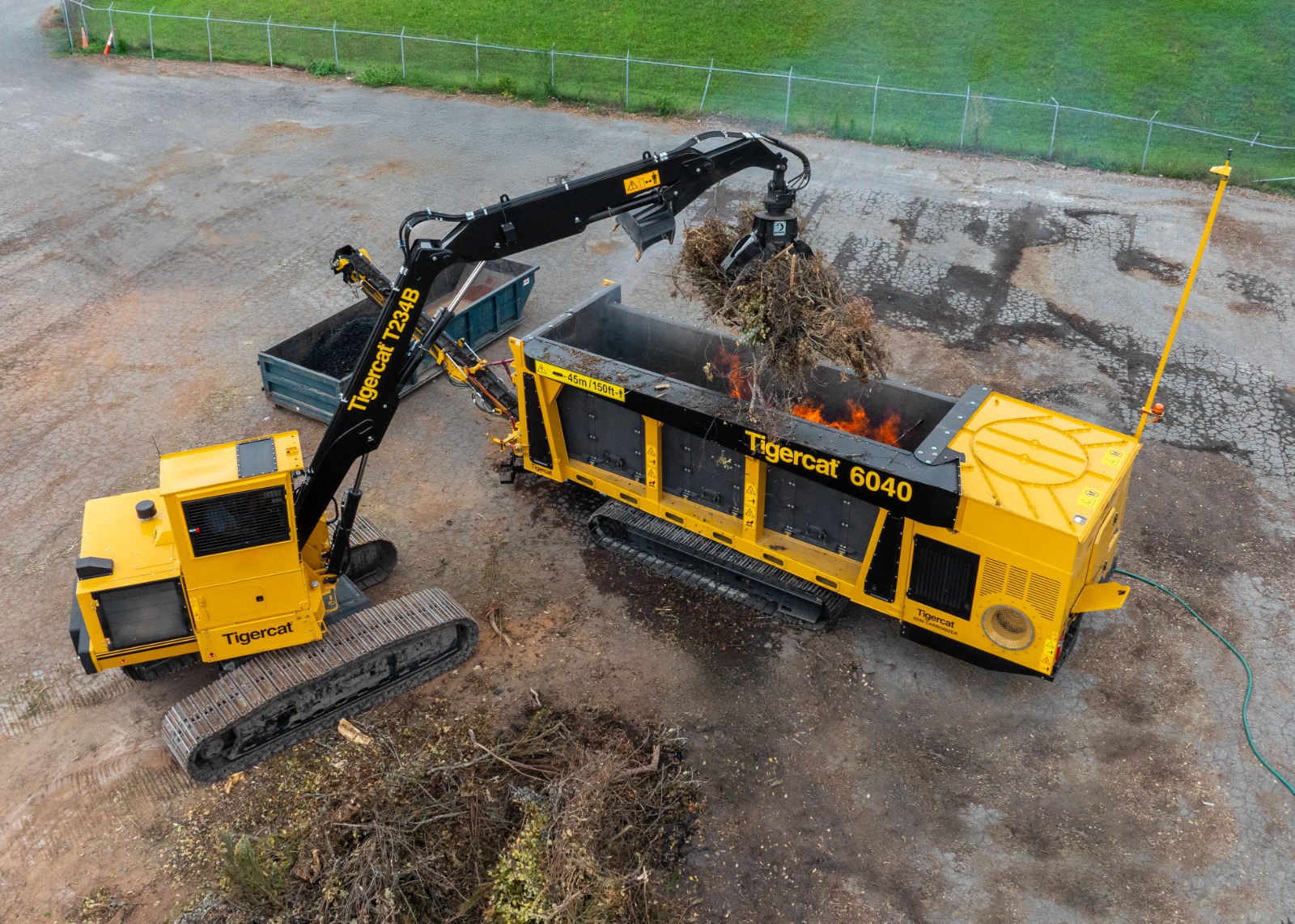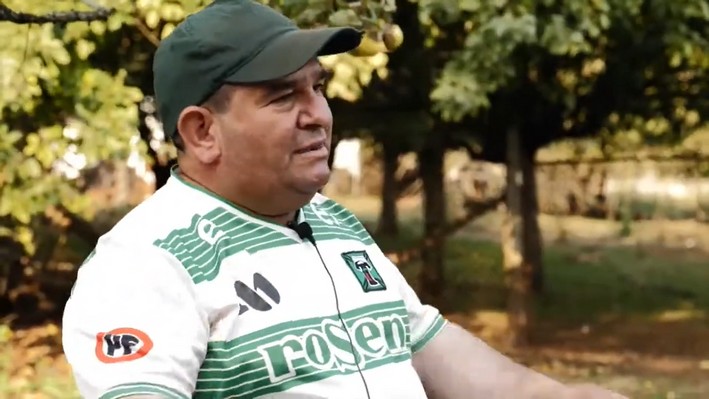- The association of small and medium-sized timber businesses emphasized the value of plantations by fostering local social benefits and supply chains in poorer communities with small and medium-sized sawmills.
The president of PymeMad Chile, Michel Esquerré, argued that the lack of support for the forestry sector, especially for small and medium-sized landowners, has disrupted the timber supply chain and the socioeconomic value of planting, harvesting, and processing forests.
The leader referred to Decree Law 701, which was created to promote forestry development in the country and combat soil erosion, particularly on hillsides and riverbanks, through a 75% subsidy for pine and eucalyptus plantations.
Esquerré recalled that years ago, a government minister responded to Corma's inquiries, asserting that the forestry sector was consolidated and needed no support because it was a mature industry. "No one ever asked small and medium-sized landowners what would happen if plantation incentives were removed," he stated.
According to his analysis, after 12 to 14 years since the removal of the forestry promotion decree, "small and medium-sized landowners were unable to plant because they lack continuous and stable income."
The representative of forestry SMEs explained that with the elimination of the benefit, "planting stopped, leading to supply shortages for SMEs, abandoned fields, and no reinvestment due to wildfires."
Michel Esquerré pointed out that when the forestry promotion decree was in effect, "for every peso the State invested in small and medium-sized plantations, it recovered more than double the amount within 10 to 15 years."
He also argued that "promoting plantations fosters local social value by creating nurseries, local supply chains in poorer communities, and establishing small and medium-sized sawmills that provide stable, long-term jobs."
The PymeMad Chile leader asserted that "supporting plantations for small and medium-sized landowners ensures long-term sustainability for economic systems that prevent wealth concentration," while also helping "meet carbon footprint goals, decentralize the economy, increase competition, and prevent soil degradation in primarily forested lands."
On this point, Esquerré deemed it a "historic mistake" not to have promoted plantations a decade ago, "because a tree takes 15-20 years to be ready for harvest. We will pay for this in the future."
For this reason, he warned that "we will not meet carbon footprint reduction agreements, where the forestry sector is crucial, because growing trees are the only way to achieve this."
In his view, ideological reasons have demonized forestry development, harming small and medium-sized producers. "In cities, they claim pines and eucalyptus are trees sent by the devil. Are apple trees, wheat, and algae also demons? Because pines and eucalyptus are trees created by nature," he argued.
He also challenged the notion that "pines and eucalyptus deplete groundwater, but these trees cannot grow without rain. They absorb rainwater that infiltrates the soil. Their roots have never reached groundwater to dry up springs."
"It's an ideology, and I don’t know why someone decided the forestry sector had to be destroyed. It harms thousands of small and medium-sized landowners in Chile. It also undermines poorer communities, the sector’s productive links with agriculture and livestock, and devalues the silvoagricultural sector."
Source: digital print edition ofLa Tribuna







Comments (0)
No comments yet. Be the first to comment!
Leave a comment